I have a loop like this:
for(uint64_t i=0; i*i<n; i++) {
This requires doing a multiplication every iteration. If I could calculate the sqrt before the loop then I could avoid this.
unsigned cut = sqrt(n)
for(uint64_t i=0; i<cut; i++) {
In my case it's okay if the sqrt function rounds up to the next integer but it's not okay if it rounds down.
My question is: is the sqrt function accurate enough to do this for all cases?
Edit: Let me list some cases. If n is a perfect square so that n = y^2 my question would be - is cut=sqrt(n)>=y for all n? If cut=y-1 then there is a problem. E.g. if n = 120 and cut = 10 it's okay but if n=121 (11^2) and cut is still 10 then it won't work.
My first concern was the fractional part of float only has 23 bits and double 52 so they can't store all the digits of some 32-bit or 64-bit integers. However, I don't think this is a problem. Let's assume we want the sqrt of some number y but we can't store all the digits of y. If we let the fraction of y we can store be x we can write y = x + dx then we want to make sure that whatever dx we choose does not move us to the next integer.
sqrt(x+dx) < sqrt(x) + 1 //solve
dx < 2*sqrt(x) + 1
// e.g for x = 100 dx < 21
// sqrt(100+20) < sqrt(100) + 1
Float can store 23 bits so we let y = 2^23 + 2^9. This is more than sufficient since 2^9 < 2*sqrt(2^23) + 1. It's easy to show this for double as well with 64-bit integers. So although they can't store all the digits as long as the sqrt of what they can store is accurate then the sqrt(fraction) should be sufficient. Now let's look at what happens for integers close to INT_MAX and the sqrt:
unsigned xi = -1-1;
printf("%u %u\n", xi, (unsigned)(float)xi); //4294967294 4294967295
printf("%u %u\n", (unsigned)sqrt(xi), (unsigned)sqrtf(xi)); //65535 65536
Since float can't store all the digits of 2^31-2 and double can they get different results for the sqrt. But the float version of the sqrt is one integer larger. This is what I want. For 64-bit integers as long as the sqrt of the double always rounds up it's okay.


